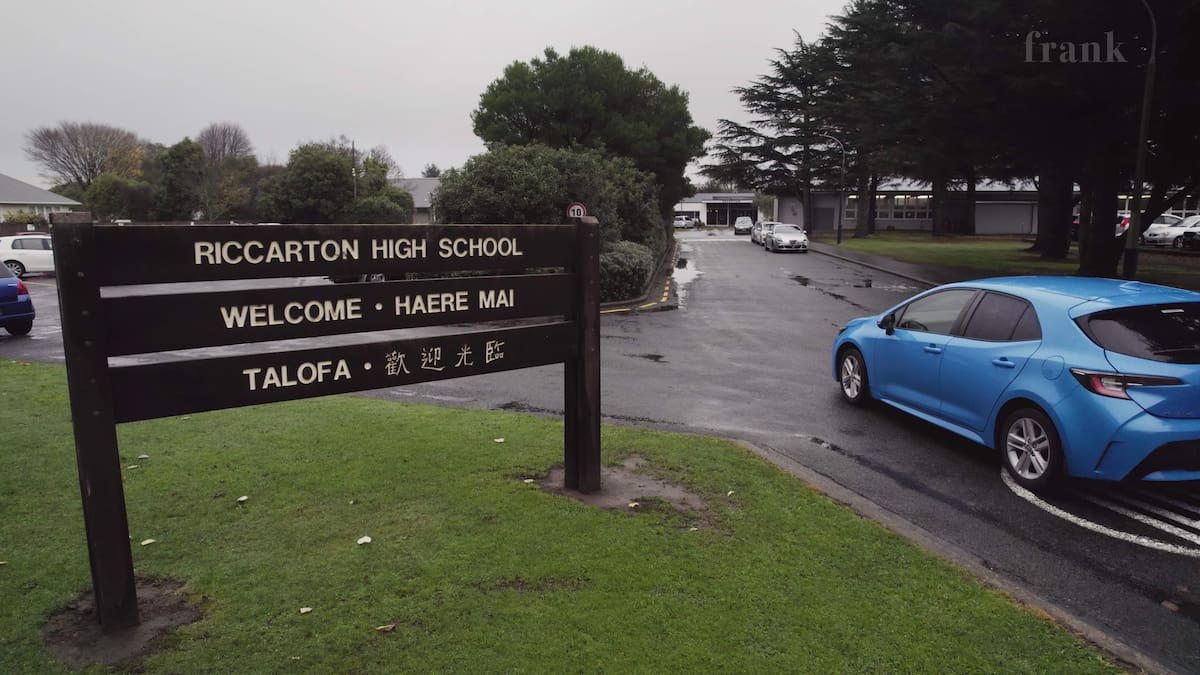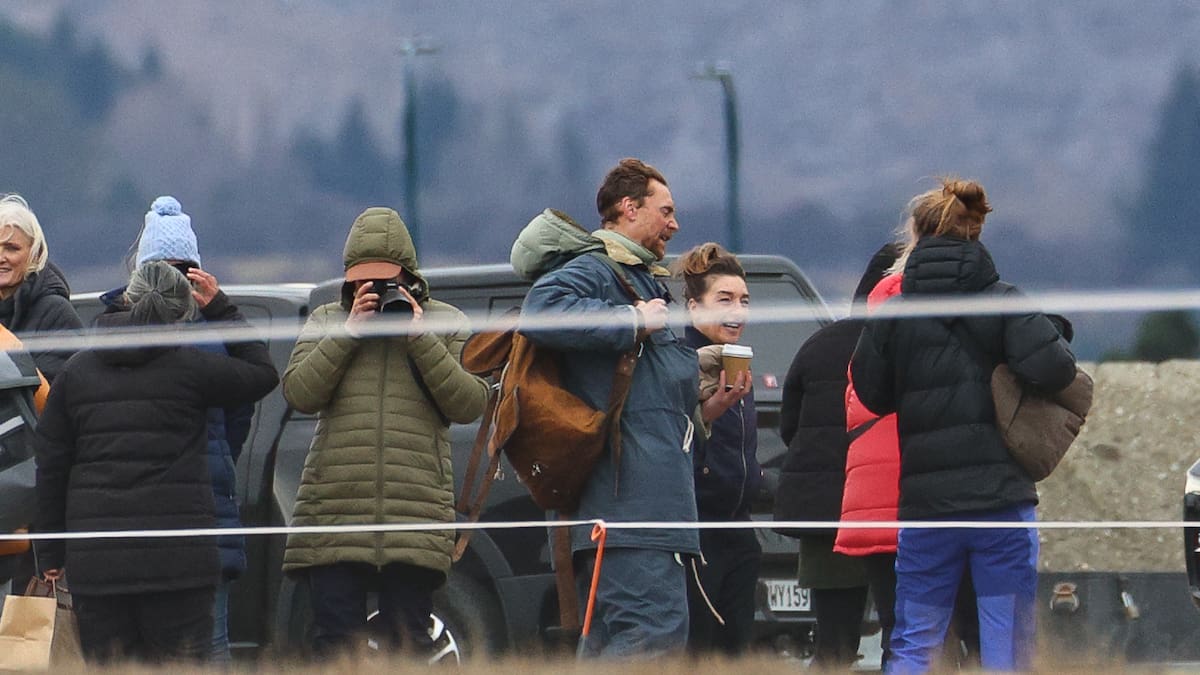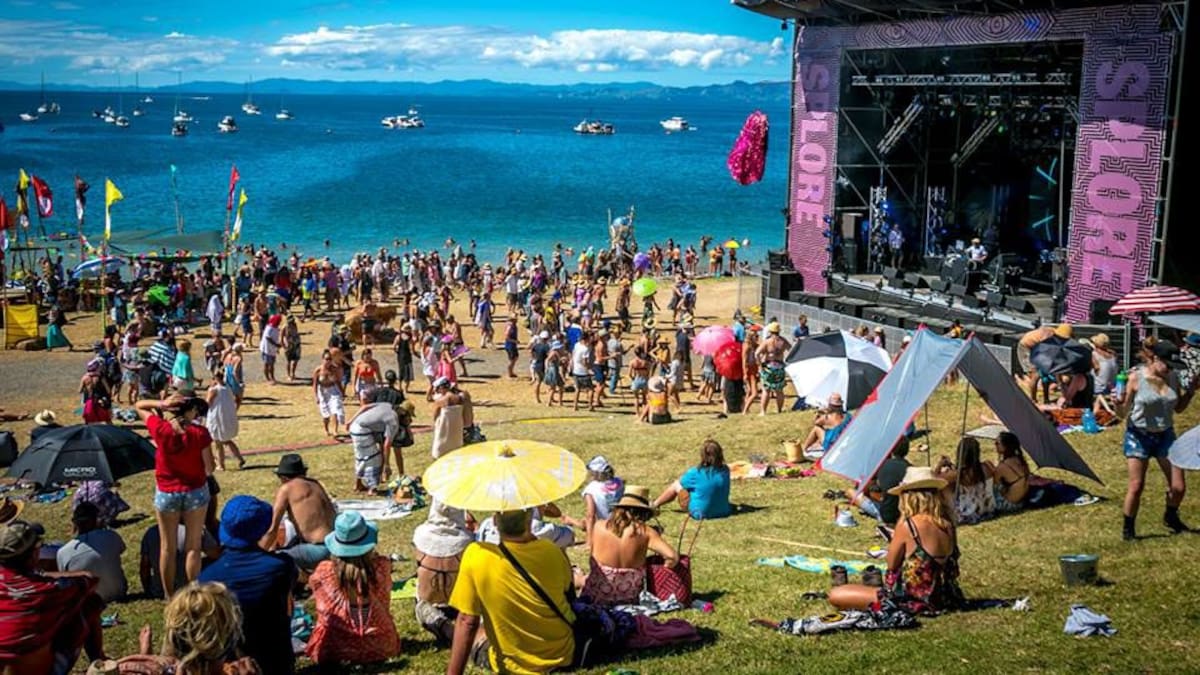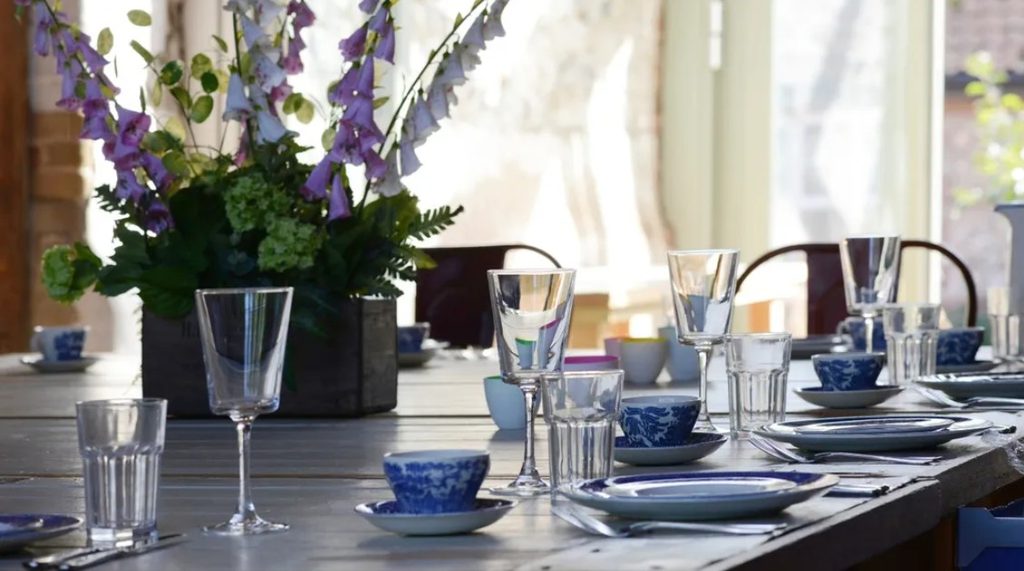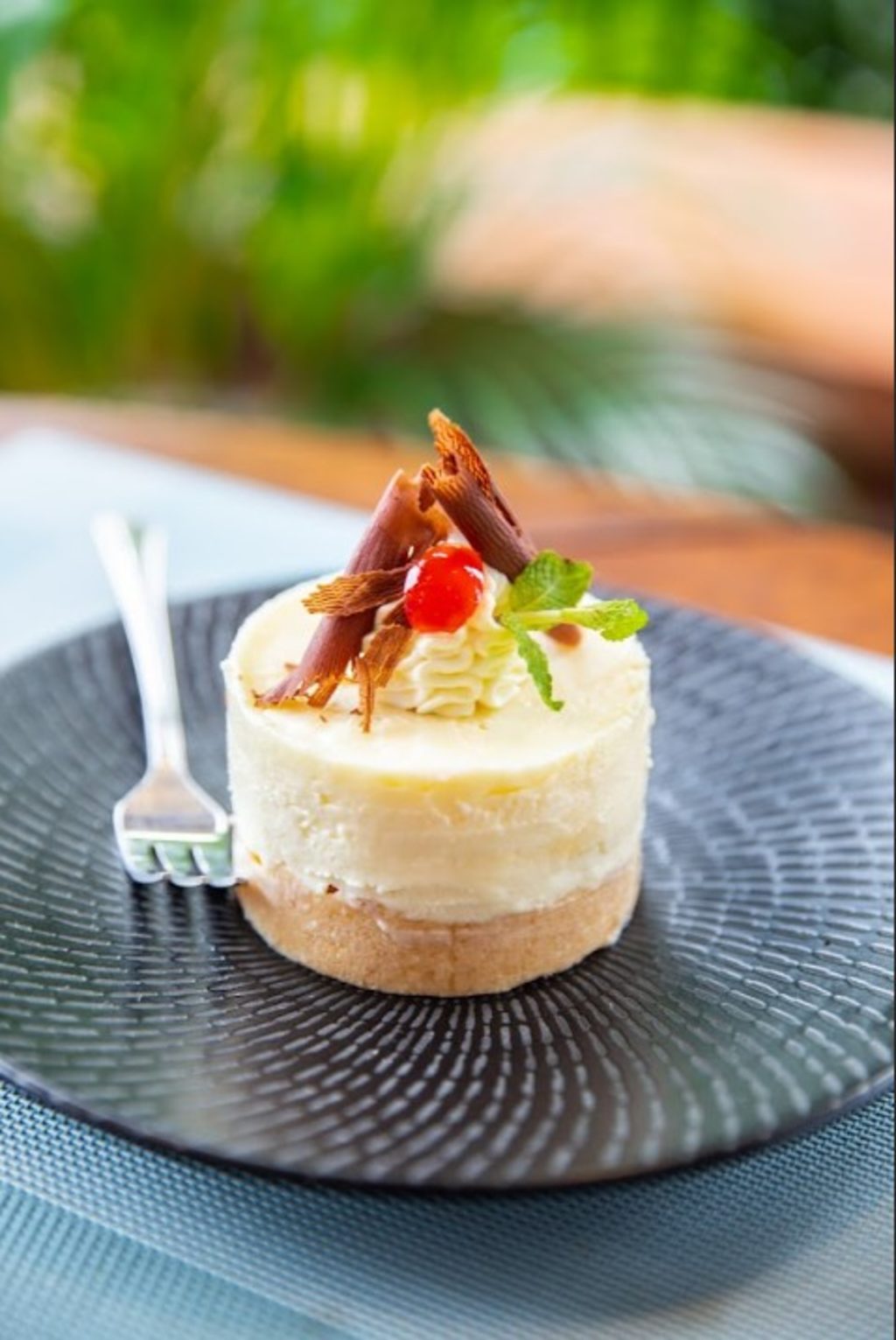When Neil Haywood became the principal of Riccarton High School just over 10 years ago, the ratio of European to non-European students was almost even. The aftermath of the earthquakes, he says, is what “really changed the pattern”.
“Particularly those immigrants coming in for manual jobs, we noticed after a couple of years that they were starting to bring their families into Christchurch from overseas,” he tells Frank Film.
Protecting and promoting culture within the classrooms is a central focus at Riccarton High. Alongside Easter, King’s Birthday and Matariki, the school celebrates events such as Moon Festival, Philippine Independence Day and Buddha Jayanti (or Buddha Day).
Friday Jum’ah prayers are carried out on site and parents can opt to receive school letters in their native language. Riccarton High was also the first school in New Zealand to employ a fulltime cultural diversity facilitator in 2018 – a role that Haywood says is “absolutely essential”.
Dr Tisi Sharnali has been Riccarton High’s cultural diversity facilitator for four years. Her job is to support the school’s multicultural population, particularly those students and their parents who are immigrants.
While they are technically domestic students, they often share similar needs to international students navigating a completely new school system. “These students, they are arriving with not only language, but many other needs,” says Sharnali.
“[If] their parents have experienced trauma in their country, they have generational trauma.” While students are supported to succeed in the New Zealand school system, she says it is important that de-culturalisation does not occur.
“The way we work in Riccarton,” she says, “we support the migrant students to get New Zealand education knowledge, but we don’t devalue their knowledge.” In dance classes, teacher Monique Dixon holds a “Trip around the World” unit, where students hop between moving bamboo poles or don a pair of gumboots to learn cultural dances from around the world.

“We do tinikling, we do gumboot dance from South Africa, and we do some Pacifica dance as well,” says Dixon. Drama teacher Charles Grubb says theatre and performance can be used as a way of improving students’ English, as his students read aloud from a play script of How Maui Slowed the Sun.
In the second week of June, Riccarton High School organised a food stall event for International Languages Week, in which students organised groups to cook fish balls, punjabi samosas, buko pandan, fried bread and prawn crackers.
“Our focus is to educate [about] those languages through food,” says Sharnali. Haywood says it is a privilege to work in a school that embraces culture, where he learns something different from students every day.
“I just love coming to this environment each day because it’s different. Just to school yourself and be a lifelong learner yourself as an adult. Each of us, depending on our background, brings with us a degree of unconscious bias.

“It’s really important that we break those biases down.”
Students echo this sentiment. “We’re friends, and it doesn’t matter if you’re another culture,” says a female Riccarton High School student.
“Just because you move to a country doesn’t mean you have to lose your culture, your values and your customs,” says another.
Sharnali is excited to see the Ministry of Education running a pilot programme based on Riccarton High School’s model in order to fund part-time cultural diversity facilitator roles for several other schools throughout the country.
“It’s an amazing position, it’s a unique position and it’s absolutely essential,” says Haywood. “Nothing can stay the same all the time, everything has its time to change and [develop].
“So yes, diversity is present, and it is the future.”


